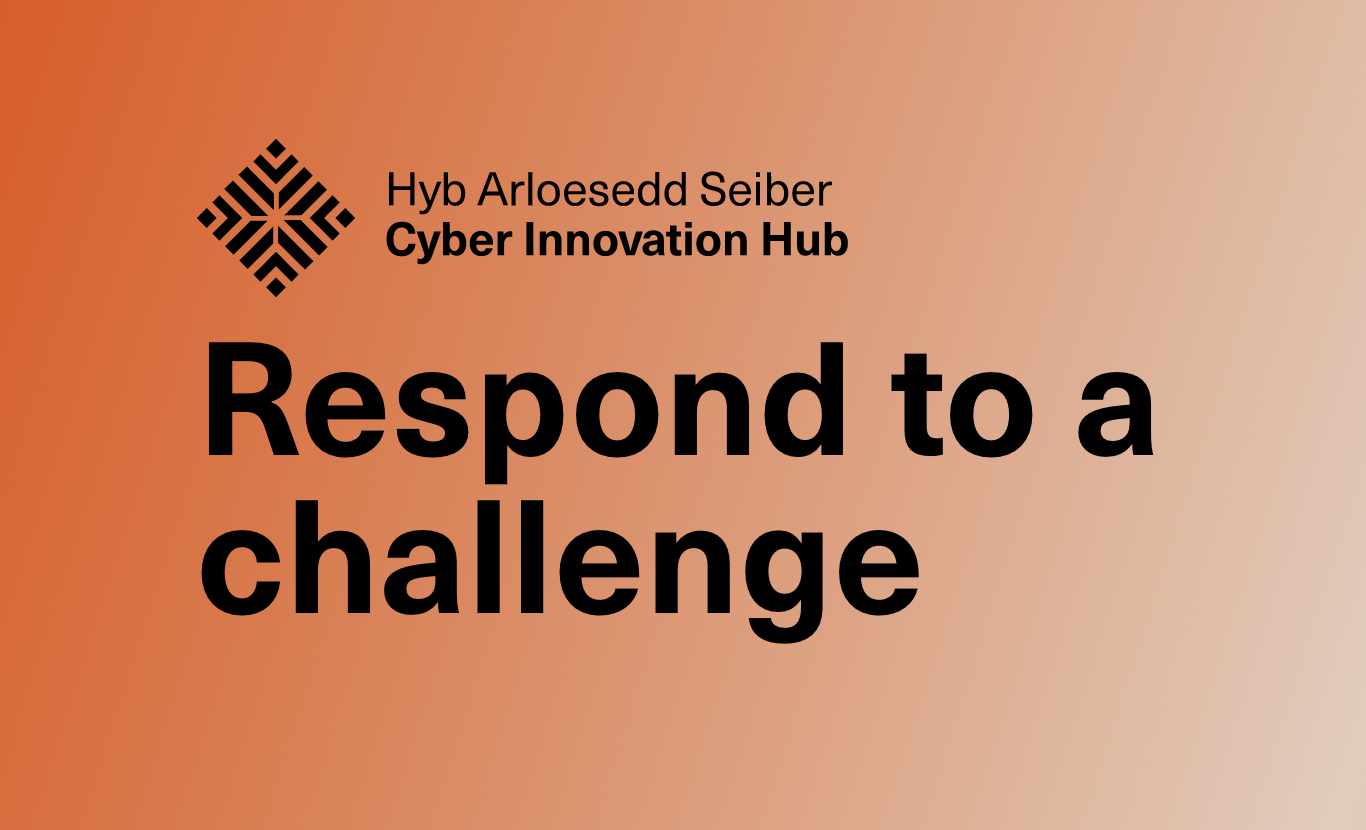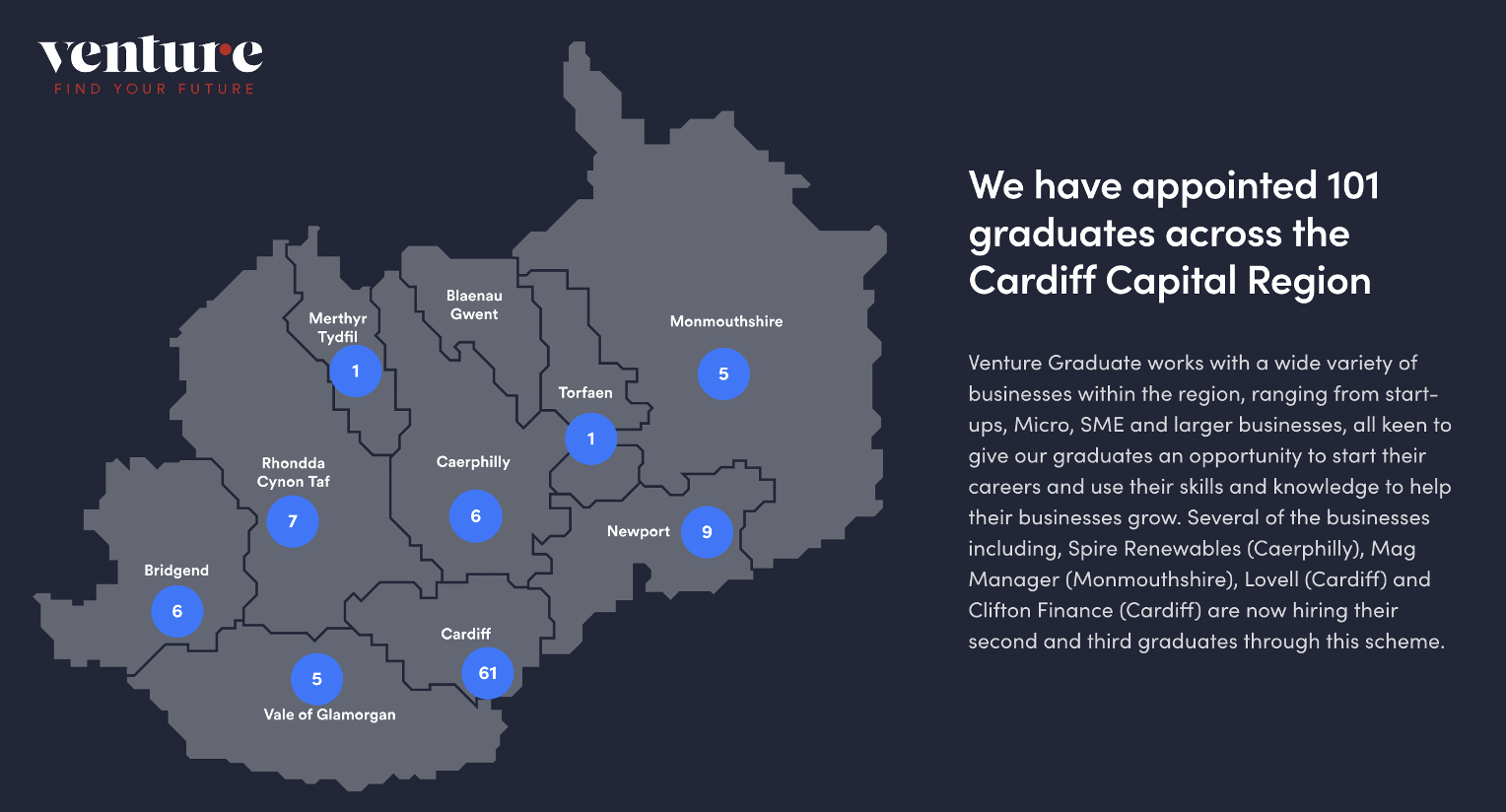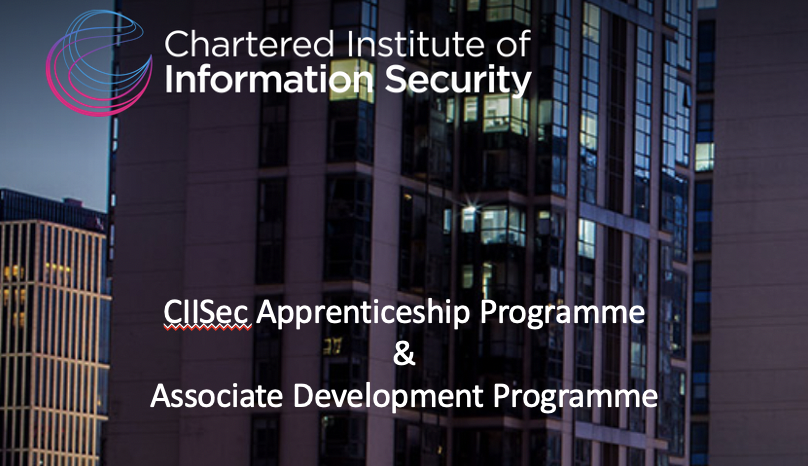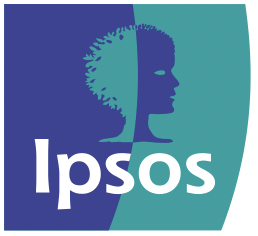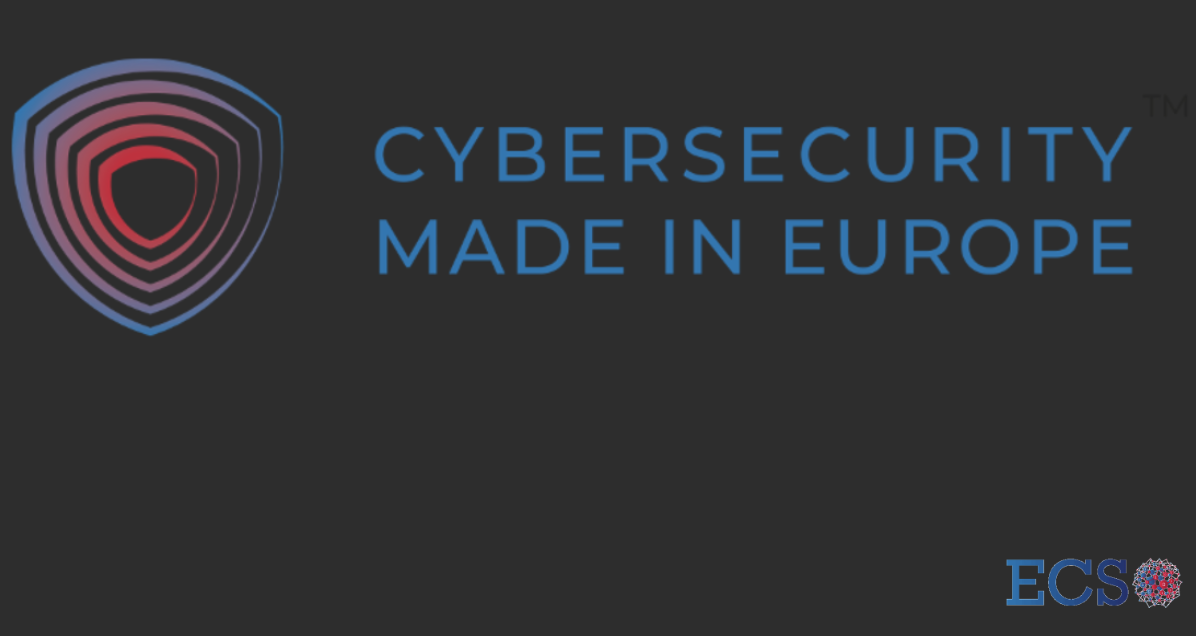Building on the success of its inaugural year, NATO’s Defence Innovation Accelerator for the North Atlantic (DIANA) has launched five 2024 challenges to continue to attract the best and brightest innovators across the Alliance in support of its mission to build a peaceful and more resilient future.
Innovators selected will receive funding to enable participation in the DIANA accelerator programme, which starts in January 2025, and they will embark upon a six-month intensive programme custom-designed for early-stage dual-use start-ups. They will have access to mentorship and testing facilities, as well as access to trusted investor and end-user networks to help them move from ideation to real-world adoption in defence and civilian markets.
If you are an innovator with cutting-edge ideas on Energy & Power, Data & Information Security, Sensing & Surveillance, Human Health & Performance and Critical infrastructure & Logistics, we encourage you to apply by Friday 09 August.
Apply now!
Energy and Power challenge
Designed to build and expand on the success of the 2023 Energy Resilience challenge. This challenge focuses on enhancing energy and power resilience within—but not limited to–energy storage, smart grid technologies, nuclear micro-reactors, small modular reactors or novel reactors, cyber-physical security, data analytics and AI, vehicle energy infrastructure, energy efficiency, microgrid tech, energy recovery, materials science, systems engineering, or blockchain.
Read the challenge statement
Data and Information Security challenge
DIANA is looking for technology solutions that facilitates data production, utilisation, distribution, and protection in multi-domain environments, be it quantum and post-quantum cryptography, data assurance, edge computing, blockchain technology, biometrics, zero-knowledge proofs, cyber deception technology, deepfake detection technology, and beyond.
Read the challenge statement
Sensing and Surveillance challenge
Building on the success of the Sensing and Surveillance challenge in 2023. DIANA is seeking solutions that enable forecasting, indications and warning, situational awareness, post-action assessment, and understanding of behaviour drivers such as patterns-of-life analysis and sentiment including–but not limited to–advanced sensing technology, quantum materials, novel materials for sensing, drone surveillance, augmented reality, next gen wireless technology, secure sensor data transmission and storage systems, and intelligent resource allocation and planning systems.
Read the challenge statement
Human Health and Performance challenge
This challenge is seeking solutions that improve the understanding and enhancement of human health and wellbeing, both physical and psychological through—but not limited to—next-gen wearable tech, personalised healthcare, bio-inspired tech, advanced exoskeletons and prosthetics, AI and autonomy enabled technologies; chemical, biological, radiological and nuclear (CBRN) detection and defence, materials science, and engineering.
Read the challenge statement
Critical Infrastructure and Logistics challenge
Seeking technology focused on the secure and trustworthy operation of critical national and international infrastructure, and global supply chains across various domains. This includes—but is not limited to: IoT technology, component integration, advanced decentralised data-driven logistics, autonomy, underwater cable protection, climate change monitoring, data analysis and interpretation, material and manufacturing development, in-situ repair tech, alternate power supplies, effective communication, or modelling capabilities.
Read the challenge statement
Cross-cutting themes
DIANA is also asking innovators to consider three cross-cutting themes across the five challenge topics: space, resilience and sustainability.
Space represents an environment and domain with a vast and largely unexplored frontier with immense potential for scientific discovery and technological innovation.
Resilience emphasizes the need for solutions and technologies that can withstand and quickly recover from disruptions or threats.
Sustainability is an important element of responsible innovation, and emphasises the importance of developing and implementing environmentally friendly, disruptive technologies and practices that ensure long-term viability.
More Information
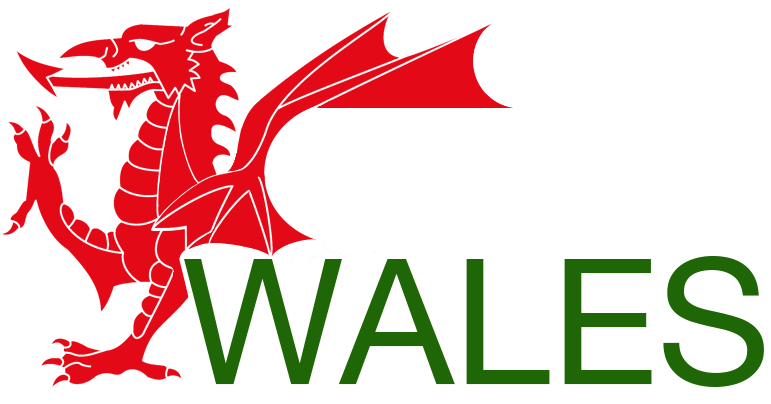






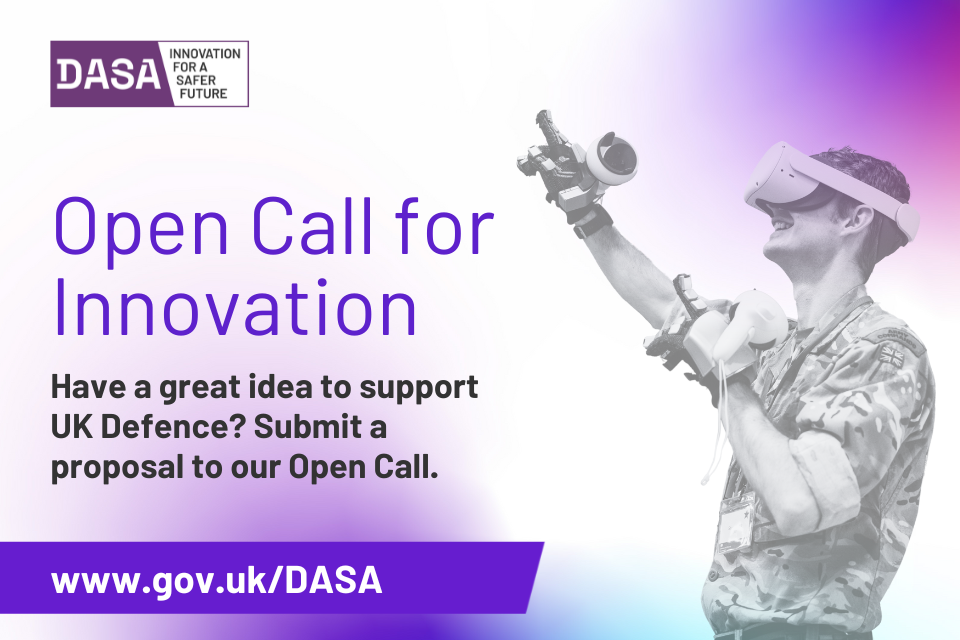
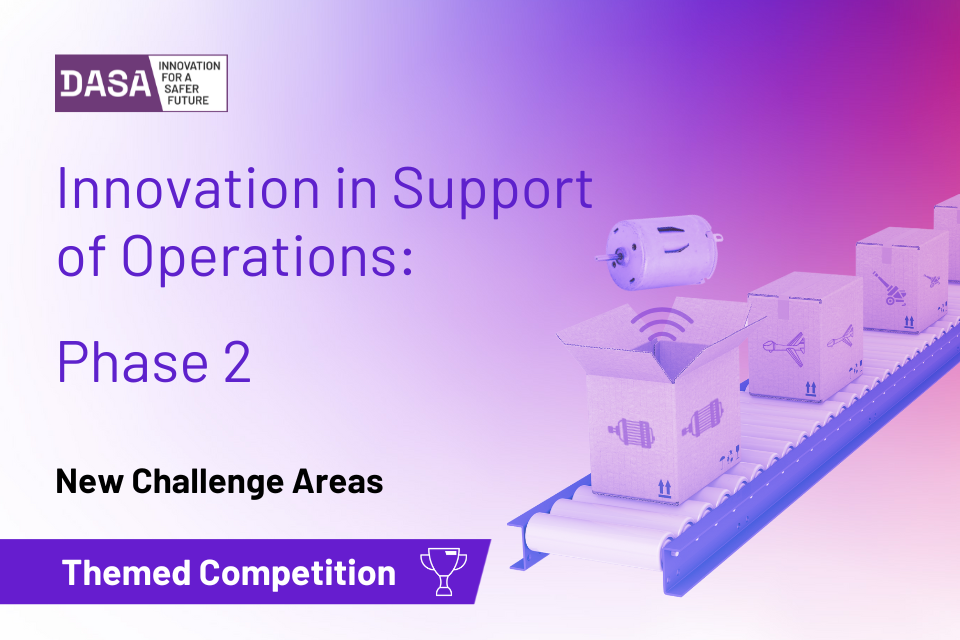

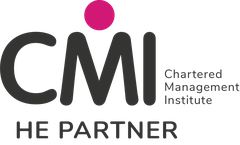







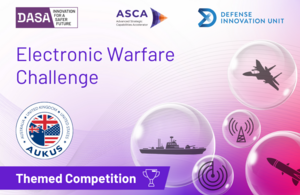
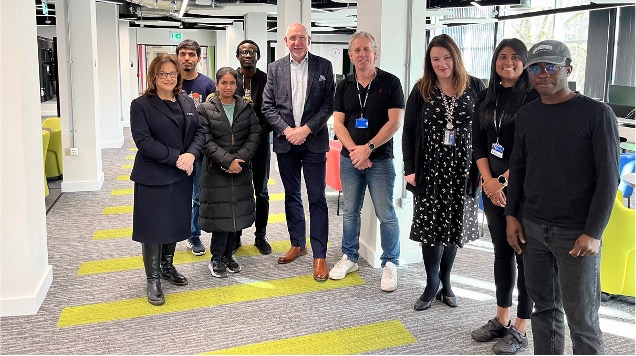
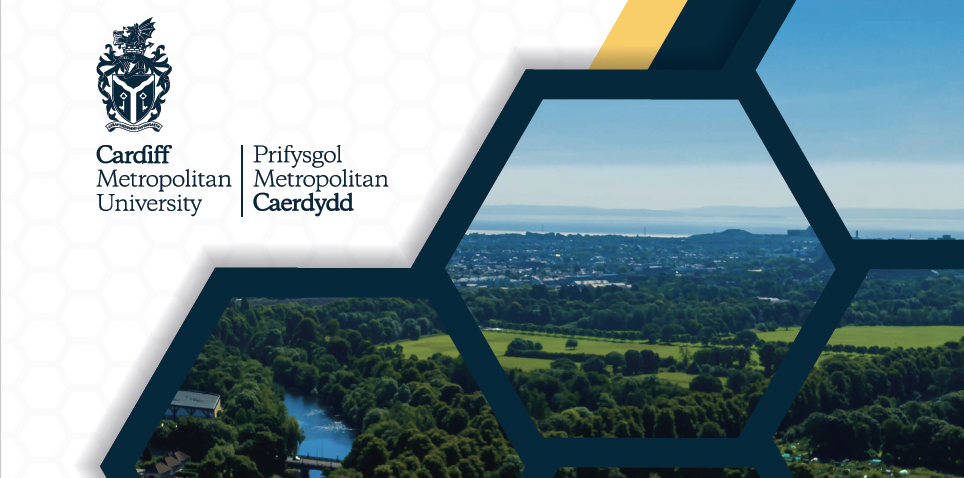
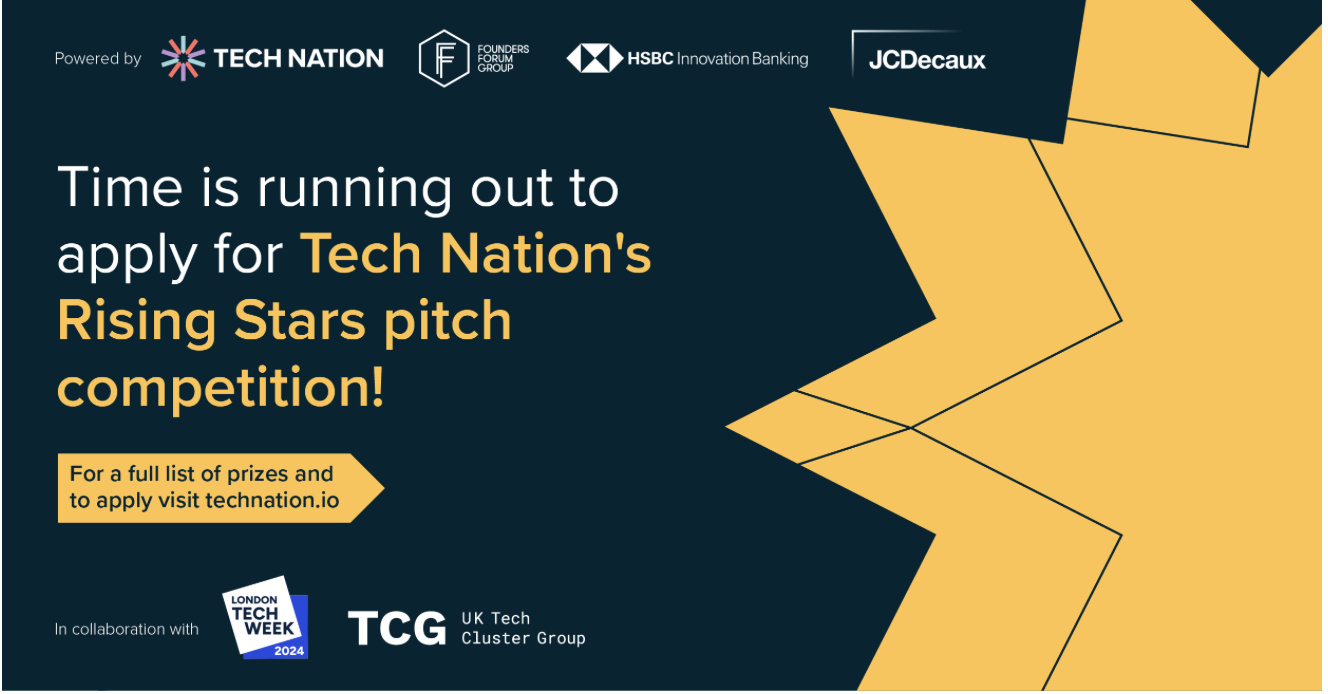

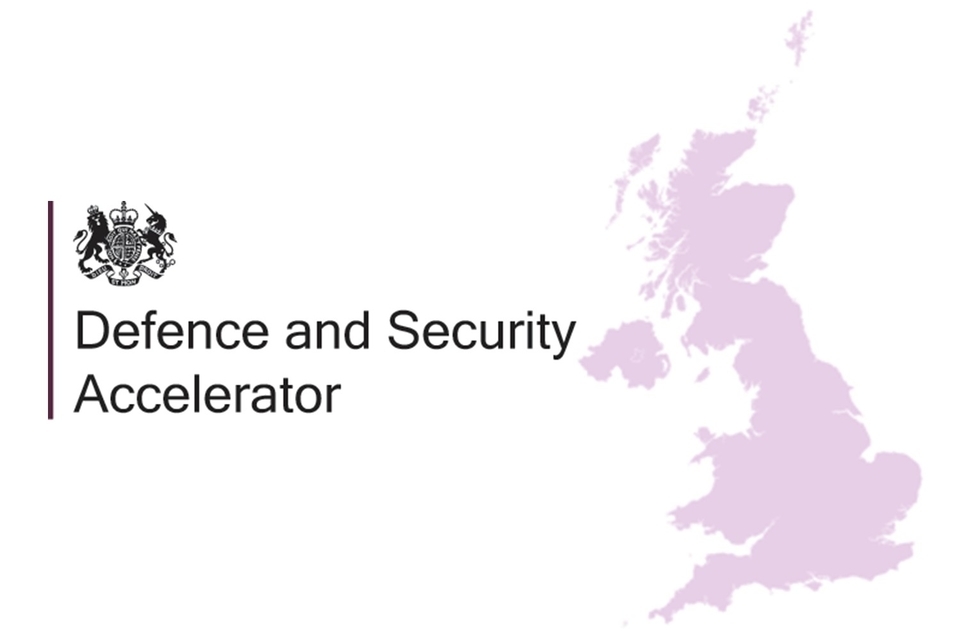

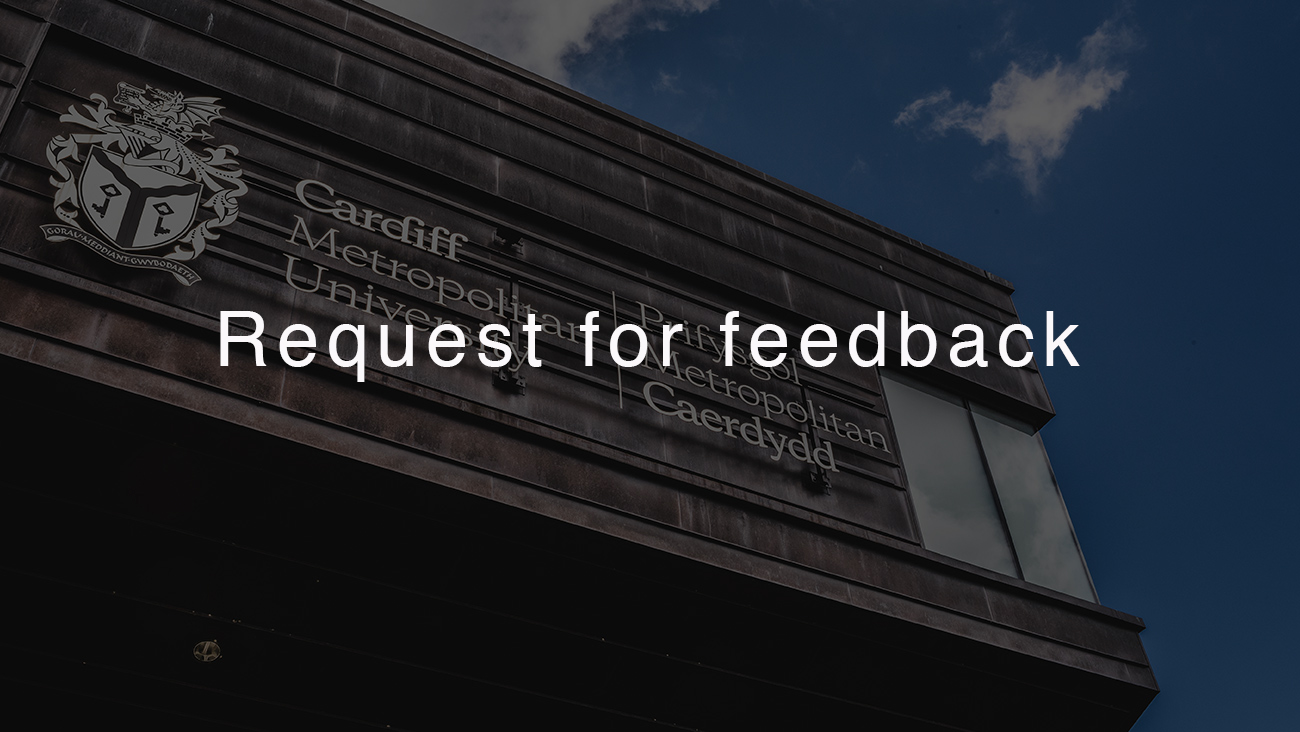


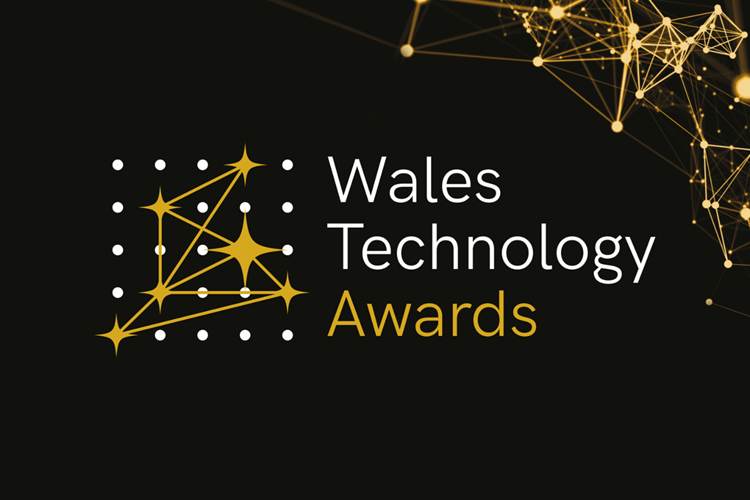




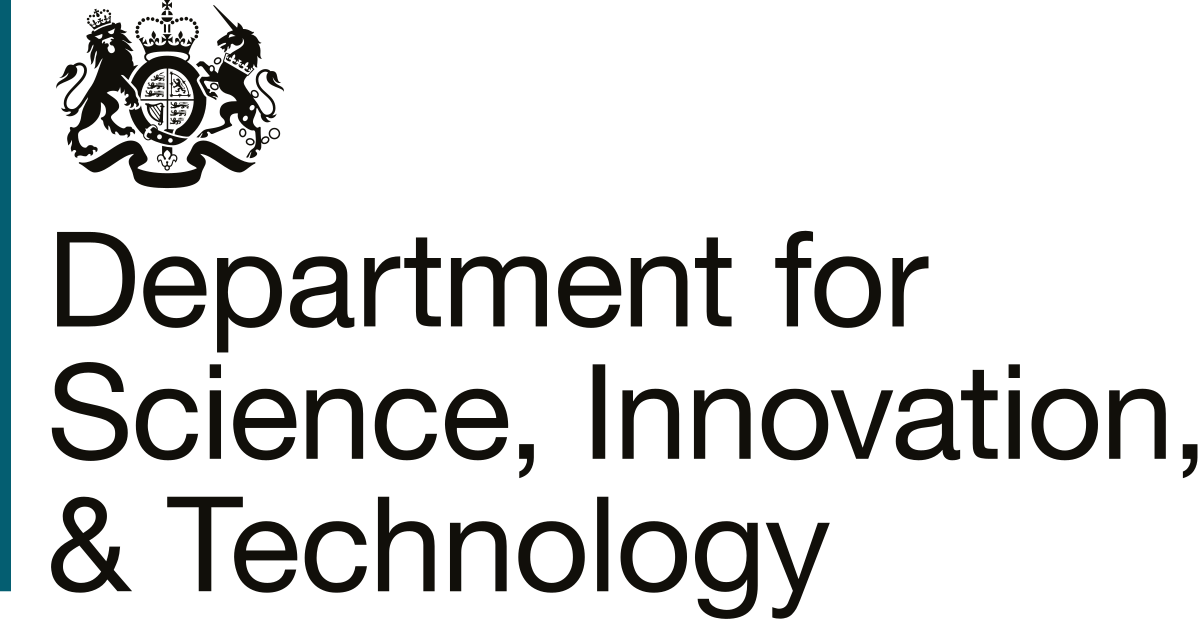
.png)





